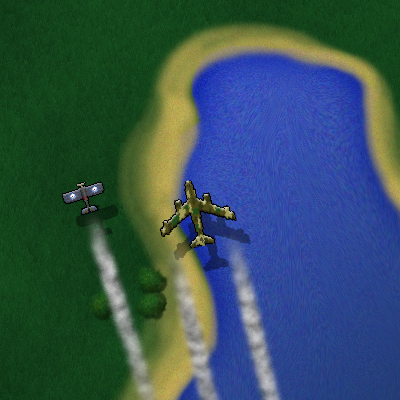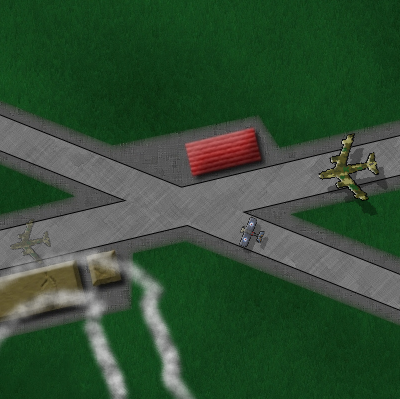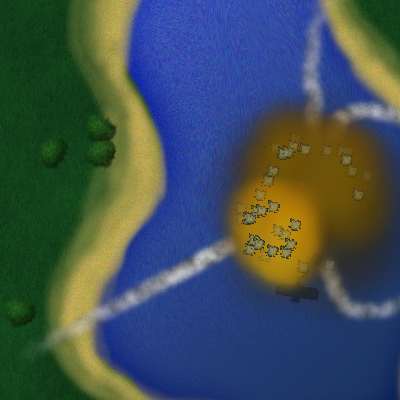46
System / Linker error at sf::Time
« on: January 21, 2012, 12:53:01 am »
Using Visual Studio 2010, I get strange linker errors when I compile the SFML Network module with dynamic (DLL) configuration.
I don't see a mistake in the code, sf::Time has the SFML_API macro, and Zero is properly defined in Time.cpp. If I interpret the Dependency Walker output correctly, this symbol is exported in sfml-system-d-2.dll. With MinGW/g++, SFML compiles fine.
Can anybody confirm this? I've also found a similar problem on StackOverflow...
Code: [Select]
3>Ftp.obj : error LNK2001: Unresolved external symbol ""public: static class sf::Time const sf::Time::Zero" (?Zero@Time@sf@@2V12@B)".
3>SocketSelector.obj : error LNK2001: Unresolved external symbol ""public: static class sf::Time const sf::Time::Zero" (?Zero@Time@sf@@2V12@B)".
3>TcpSocket.obj : error LNK2001: Unresolved external symbol ""public: static class sf::Time const sf::Time::Zero" (?Zero@Time@sf@@2V12@B)".I don't see a mistake in the code, sf::Time has the SFML_API macro, and Zero is properly defined in Time.cpp. If I interpret the Dependency Walker output correctly, this symbol is exported in sfml-system-d-2.dll. With MinGW/g++, SFML compiles fine.
Can anybody confirm this? I've also found a similar problem on StackOverflow...






